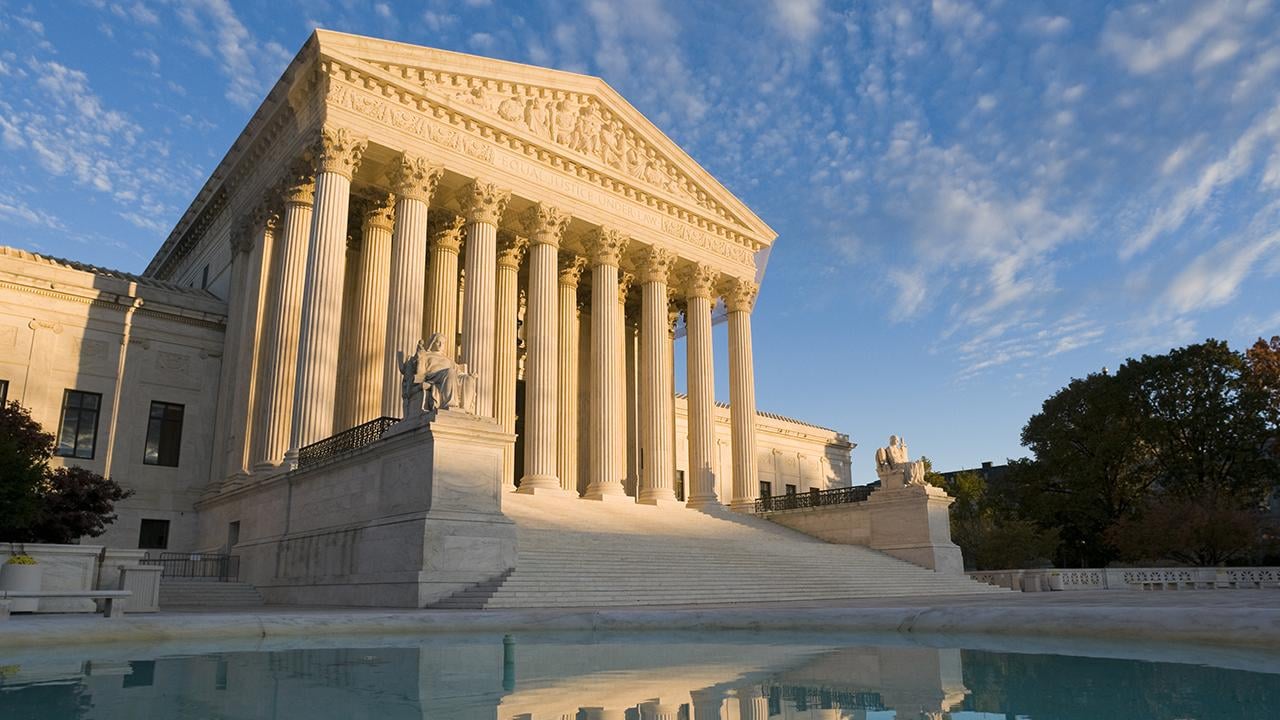
A case centering on censorship by social media, including their algorithms, will be heard by the Supreme Court of the United States (SCOTUS) during its October 2022 term. Central to the case, Gonzalez v Google, Dkt. No. 21-1333, is Section 230(c)(1) of the Communications Decency Act of 1996, which shields internet providers from liability arising out of good faith decisions to restrict or enable public access to content (i.e., speech) that originated from another source.
Section 230 was created prior to the rise of social media as we know it today. The Act was intended to shield interactive internet websites (and their owners) from liability related to content displayed on their websites that originates from another source and/or is created and placed by a user that is interacting with such a website.
Social media platforms, Google in this case, argue that Section 230 allows them to suppress or promote user content at their discretion. In taking this position, it appears they have disregarded that for Section 230 to apply, the decision to restrict or enable user content must be made in good faith. Based upon reason and fact, social media giants use Section 230 as a sword, and not a shield, to oppress dissent and propagandize information for their own benefit and to advance perverted political or financial agendas.
SCOTUS will resolve the following question, presented to them by the Petitioner, Mr. Gonzalez:
Does Section 230 immunize interactive computer services when they make targeted recommendations of information provided by another information content provider, or only limit the liability of interactive computer services when they engage in traditional editorial functions (such as deciding whether to display or withdraw) with regard to such information?
SCOTUS will tackle issues related to the algorithms used by Twitter, Facebook, etc., and expectedly will analyze whether actions by social media conglomerates are taken in good faith. It is unclear whether the SCOTUS will include analysis related to recent Freedom of Information Act (FOIA) releases, including emails, demonstrating social media platforms suppressed and promoted content as directed by the Biden Administration, the FBI, and/or the Democrat Party leadership.
If the SCOTUS dives into this issue, the Justices will be compelled to consider whether government officials colluding or directing Twitter, etc. to ban political dissent and suppress information because it does not squarely fall within the political narrative of the Democrat Party amounts to governmental “censorship by proxy” and is, therefore, a gross violation of our First Amendment right to free speech.
Undoubtedly, social media platforms have gathered immense power and that power has been grossly abused, e.g., casting off a sitting U.S. President from their websites, suppressing President Trump’s voice, and recklessly preventing all Americans from hearing directly from their Commander in Chief.
At some point, the social media boardrooms undeservedly decided they would be the arbiters of truth and would decide who says what, and when. And corrupt politicians sensed blood in the water. And now we find ourselves in a perfect storm. America is depending on SCOTUS to restore free speech and prohibit harmful abuses by powerful villains and crooks.
The docket for this case is located here. To access the SCOTUS website, visit https://www.supremecourt.gov.







